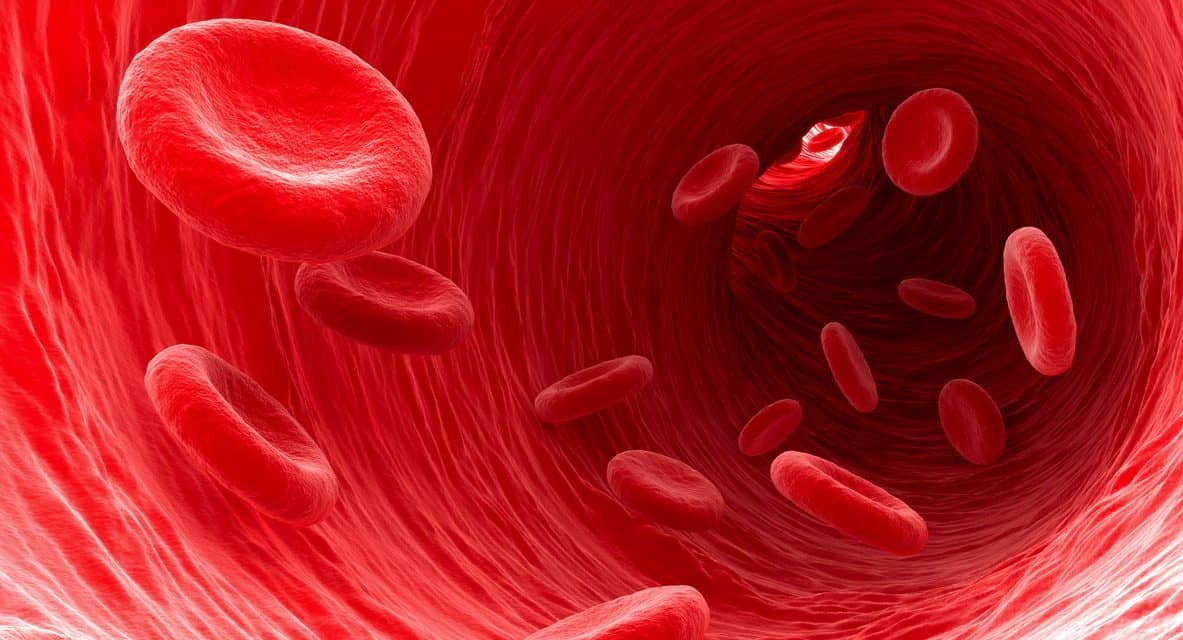Almost 1 in 6 of the millions of Americans on the new blood-thinning medications for atrial fibrillation, a common heart condition characterized by an irregular and often rapid heart rate, may not be receiving the recommended dose, new Mayo Clinic research finds.
Roughly 10 percent of patients on these drugs for atrial fibrillation have severe kidney disease, and the research, published in the Journal of the American College of Cardiology, found that more than 40 percent of them are receiving a higher dose than recommended. That could lead to serious bleeding risks.
Also, among patients without severe kidney disease, 13 percent may be underdosed. The researchers found that for one medication in the group — apixaban — underdosing may be less effective at preventing strokes.
Related Articles
- New Blood Thinner Better at Preventing Recurrent Blood Clots than Aspirin
- Hundreds of Thousands of Strokes May Be Preventable Each Year
“Dosing errors of these blood-thinning medications in patients with atrial fibrillation are common and have concerning adverse outcomes,” says Xiaoxi Yao, Ph.D., a health sciences researcher at Mayo Clinic and the paper’s lead author.
Failing to reduce the dose for patients with severe kidney disease may increase the risk of bleeding. Decreasing the dose when unnecessary may decrease the drugs’ ability to prevent a stroke.
The paper looked at 14,865 patients from October 2010 to September 2015 on the blood-thinning drugs apixaban, dabigatran or rivaroxaban. All three have a standard dose for most patients and a lower dose for patients with kidney issues. The patients in the study were taking the drug for atrial fibrillation, a heart condition associated with a fivefold greater risk of stroke.


